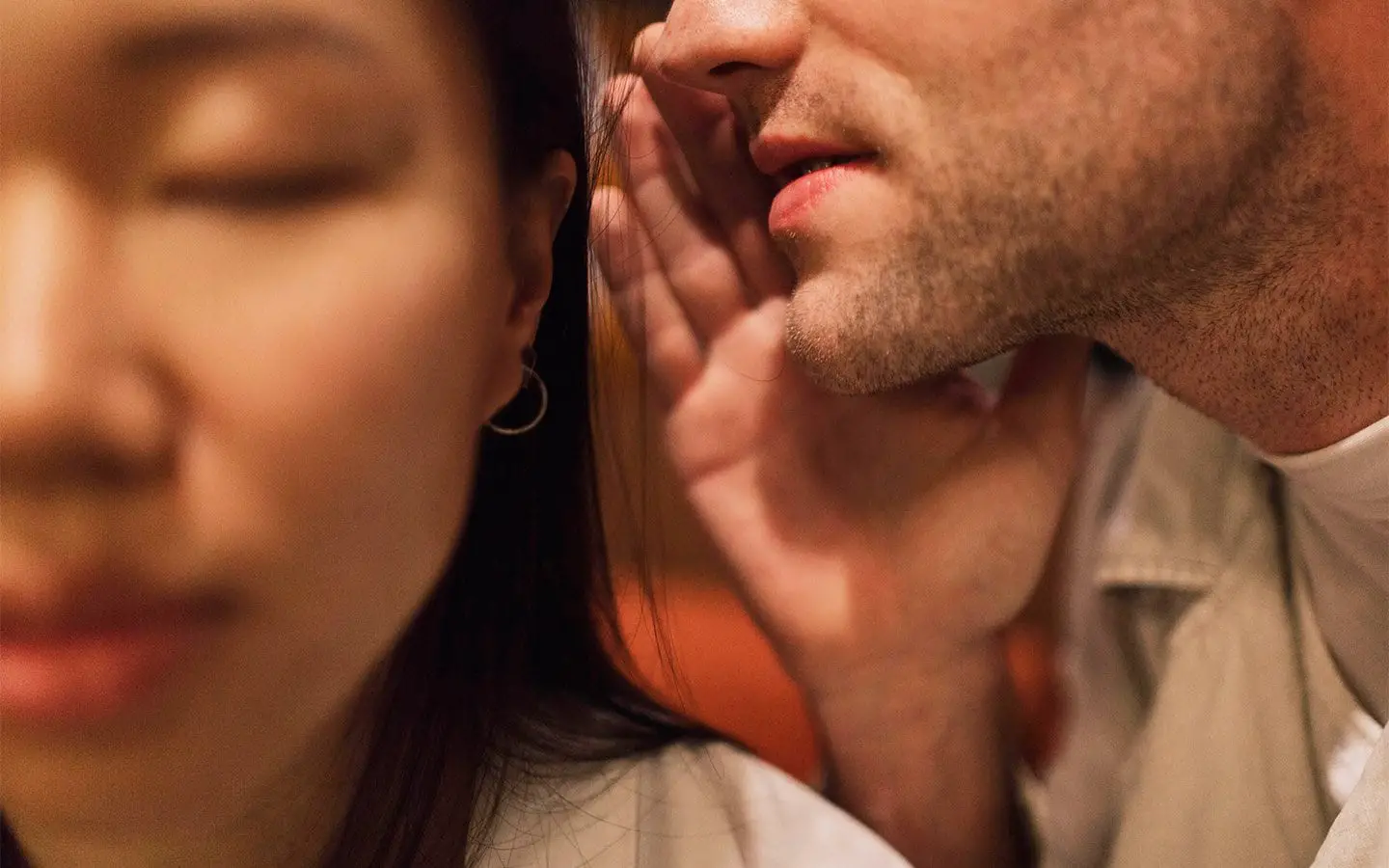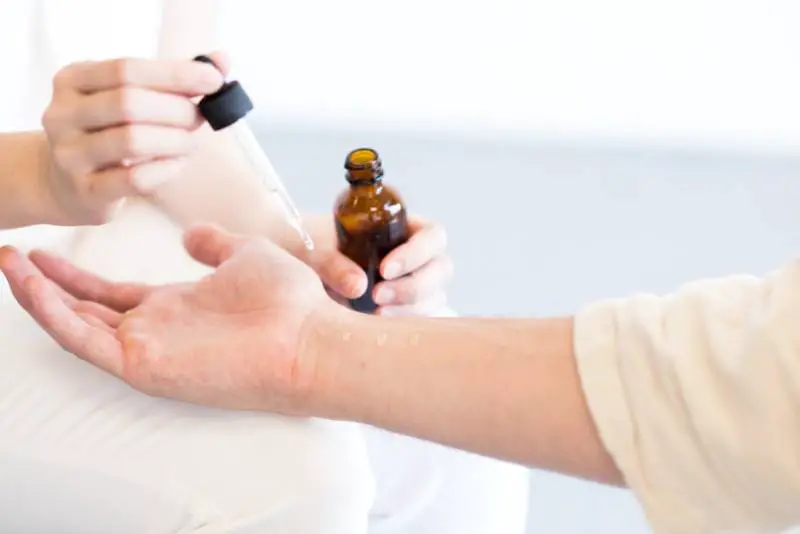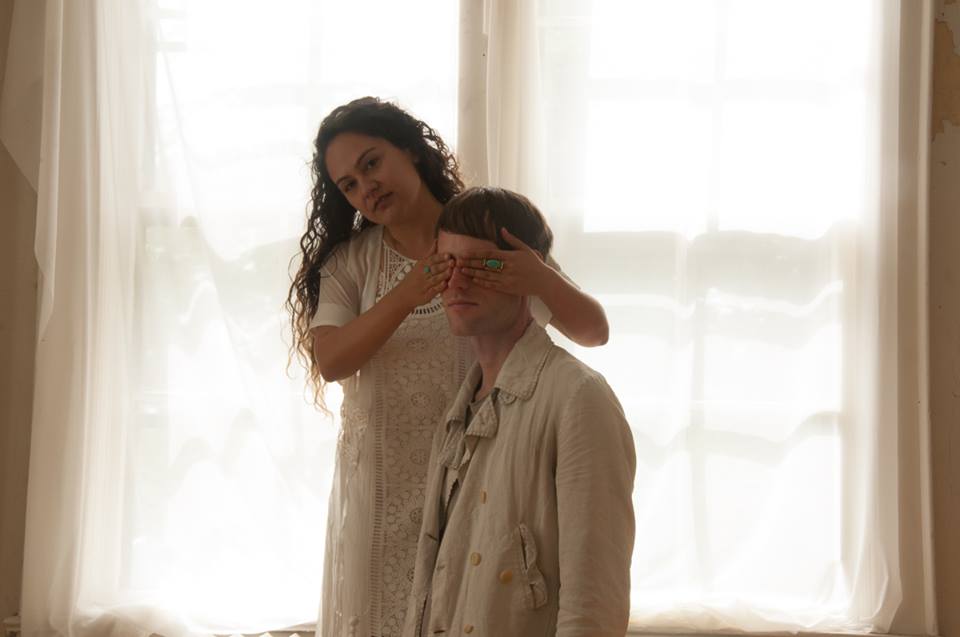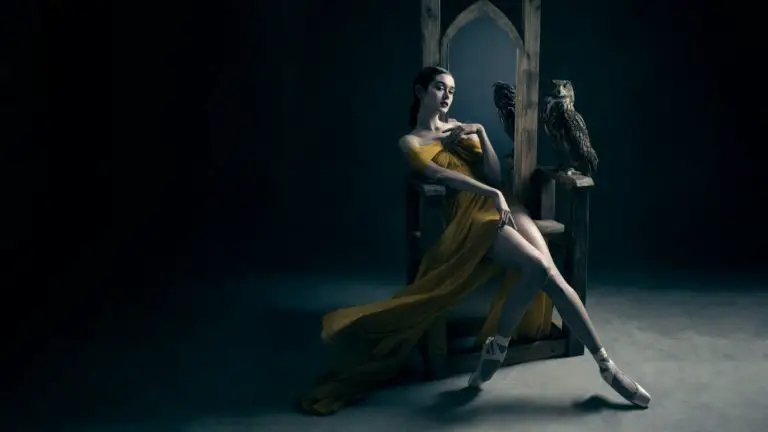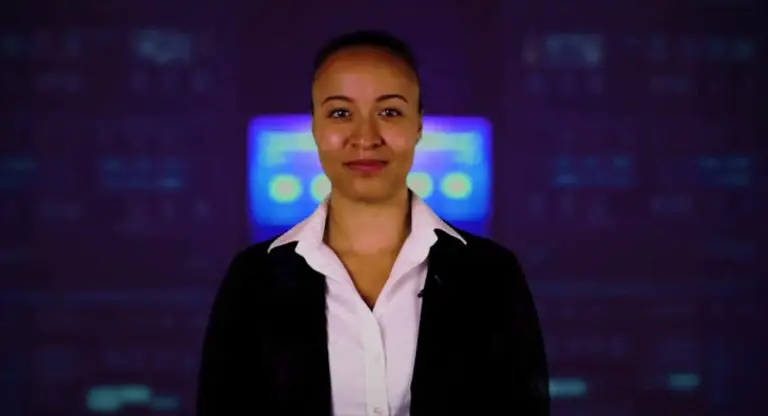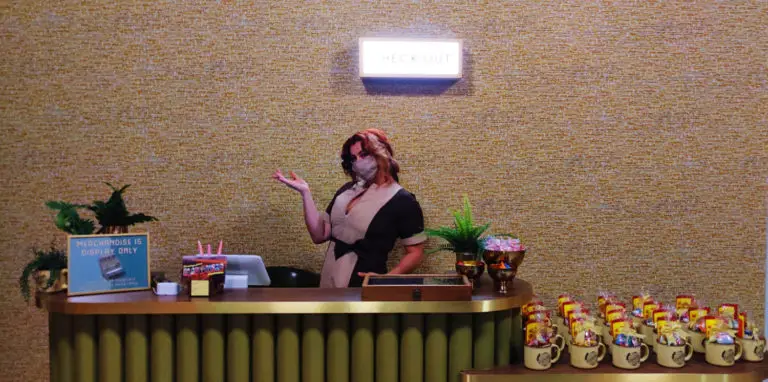Whisperlodge is a groundbreaking immersive company and experience that relies on the use of tactile, auditory, and olfactory inputs to transport audiences from their daily lives into a world of presence and tranquility. Utilizing various senses, their events are designed to relax the body and mind, expand awareness, and heighten the senses. In an effort to further expand their reach and offer the highest level of accessibility, the Whisperlodge team is altering a new special event in Los Angeles to cater to the Deaf and hard of hearing community. While their experiences are grounded in healing touch and personal attention, the lessons learned here can be monumental for bringing immersive experiences to a broader audience.
Immersed spoke with Whisperlodge creator Melinda Lauw and accessibility consultant and guide Janel Leonard about the evolution of their experience and the challenges of tailoring an ASMR event for the Deaf community.
With ASMR being so auditory and tactile, what specific changes are you making in the form and structure of the experience to elicit the same response from a Deaf participant?
Janel Leonard: We haven’t made many changes to the actual show itself. We’ve added “subtitles” to each room and are focusing more on personal attention, touch, and visual, which are all a main part of our show already. Deafness is such a huge range. While some may hear nothing, others may hear low, high, and anything in between.
Melinda Lauw: The “subtitles” will be delivered in the form of note cards and there was a creative process between Janel and I where we worked through what was most necessary to communicate via text, when they will be delivered during the scene, what parts we could rely on simply body language, and what tactile interactions were strong enough to stand alone without the disturbance of handling the note cards.
What challenges do you face when adapting a show for a Deaf audience member? How did you overcome that challenge? Any recommendations to a more narrative-focused immersive creator doing the same thing?
Janel Leonard: There are definitely a few challenges when adapting a show for a Deaf audience member. Figuring out how the show can be interpreted, translated and inclusive while keeping the audience immersed. The flow of our show really allowed us to adapt to these challenges as well as the encouragement from Deaf friends who experience ASMR themselves.
Melinda Lauw: I think consulting Deaf people is a practical and crucial part of figuring out what works for your experience. There is a fine balance between respecting their deafness and providing them with means to understand the work. We arranged a play test with Deaf audiences so that all our cast members get to hear from our Deaf friends and practice how to work with their note cards. Given that immersive work ranges so much, it’s impossible for there to be a standard strategy. For more narrative shows, the challenge would probably be consolidating what to translate in writing and what can be understood contextually so you don’t overwhelm the audience members with too much reading.
Why do you think accessibility is important in immersive theater? Does it extend past physical limitations and reach other limitations, such as monetary or others?
Janel Leonard: Accessibility in general is important. As people we are all craving to be included and are in a time where we as creatives (and others) can make platforms to reach as many people whatever “limitations” they may face.
Melinda Lauw: I think it’s important because there are so little immersive experiences that are. Immersive theater has the unique quality of making an audience member feel special, valued and seen, and for people dealing with any kind of limitations, that provides an even greater potential impact. It definitely also applies to all sorts of accessibility issues, physical, emotional and monetary. For the latter, we also do what we can within our small scale, offering a pair of pay-what-you-can tickets via lottery each run.
What more do you think can be done in the world of immersive and interactive theater to be more accessible to those with disabilities?
Janel Leonard: I think an understanding of the community you want to reach out to is key. Knowing your audience.
Melinda Lauw: A lot of what can be done boils down to a matter of resources; time and money that us creators will have to spend out of pocket to make our experiences accessible. For small scale, DIY productions, of course we want to be more accessible and reach new audiences but most of the time, it’s a luxury to be able to do that. I’d be really interested in seeing more partnership between these two communities, and potentially more funding opportunities to help creators make accessible work.
Whisperlodge will be hosting shows in Silver Lake this weekend only, Thursday-Sunday, March 14-17. Purchase your tickets here for this very special event, and keep an eye on our Event Guide for more immersive experiences in the Los Angeles area.


